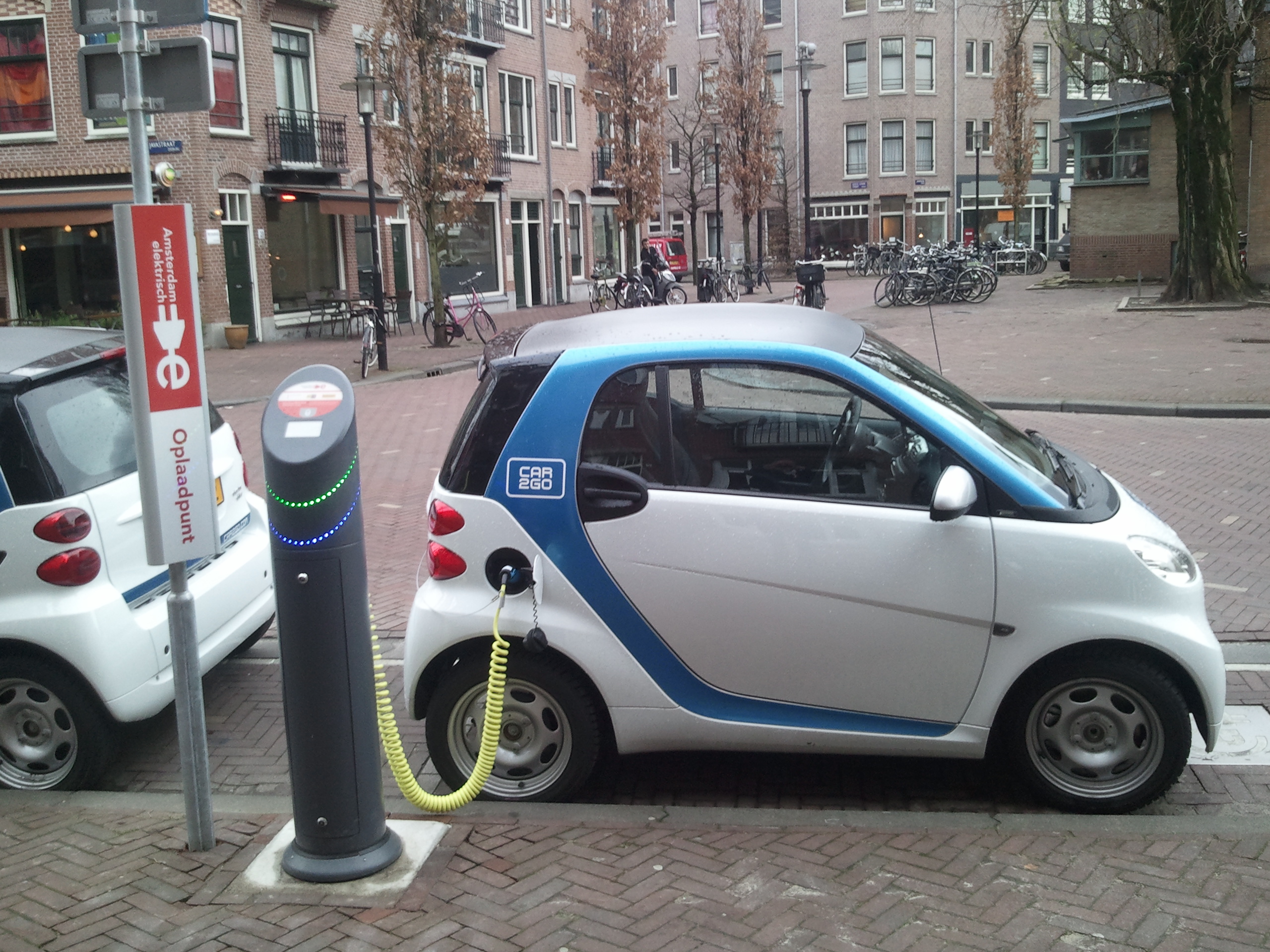 A new report from the National Research Center (NRC) highlights the biggest factors that are necessary for a faster adoption of electric vehicles once again: reduced vehicle cost, more efficient batteries, and making consumers more familiar with the technology. The study that the NRC conducted was mandated by Congress, and its main goal is to determine the biggest obstacles faced by electric vehicles and suggest specific steps that the government can take to eliminate such obstacles.
A new report from the National Research Center (NRC) highlights the biggest factors that are necessary for a faster adoption of electric vehicles once again: reduced vehicle cost, more efficient batteries, and making consumers more familiar with the technology. The study that the NRC conducted was mandated by Congress, and its main goal is to determine the biggest obstacles faced by electric vehicles and suggest specific steps that the government can take to eliminate such obstacles.
The main takeaway from the study is that the government should get more involved in the promotion of electric vehicles, by funding more research programs aimed at improving battery technologies, as well as creating a well-defined set of standards that energy companies and other businesses investing in charging stations will have to meet.
There are a few specific recommendations that the NRC included in the report, including increasing production of electricity from renewable sources to make electric cars even more eco-friendly, and a continuation of federal and state incentives.
As far as raising consumer awareness, which is also a very important factor for the popularization of electric vehicles, the study suggests that the government should try to present its Ad Council program to as many people as possible, in order to inform them on the incentives and tax credits that EV buyers are eligible for.
Furthermore, the report encourages the federal government to provide financial support for research projects that are focused on development of EV batteries that would have better performances and would be more affordable than the ones currently in use. Improving vehicle batteries is one of the crucial elements for reducing electric vehicle costs, since they are the most expensive component in an EV.
Federal incentives are highlighted as a tool that has proven to be useful for encouraging consumers to buy electric vehicles, which is why the NRC says that they should continue and even be expanded beyond the current production volume limit, considering that electric vehicle technology is still relatively new, and this type of financial support can help encourage automakers to ramp up their efforts for improving this technology and convince consumers to embrace EVs as a viable alternative to conventional cars.
“Vehicle cost is a substantial barrier to PEV deployment. Without the federal financial purchase incentives, PEVs are not currently cost-competitive with ICE vehicles on the basis of either purchase price or cumulative cost of ownership. Therefore, one of the most important committee recommendations is continuing the federal financial purchase incentives and re-evaluating them after a suitable period,” said the authors of study in a press release.
Local governments, for their part, are advised to help increase the number of workplace charging stations, which can be a significant part of the solution to the range anxiety issue.